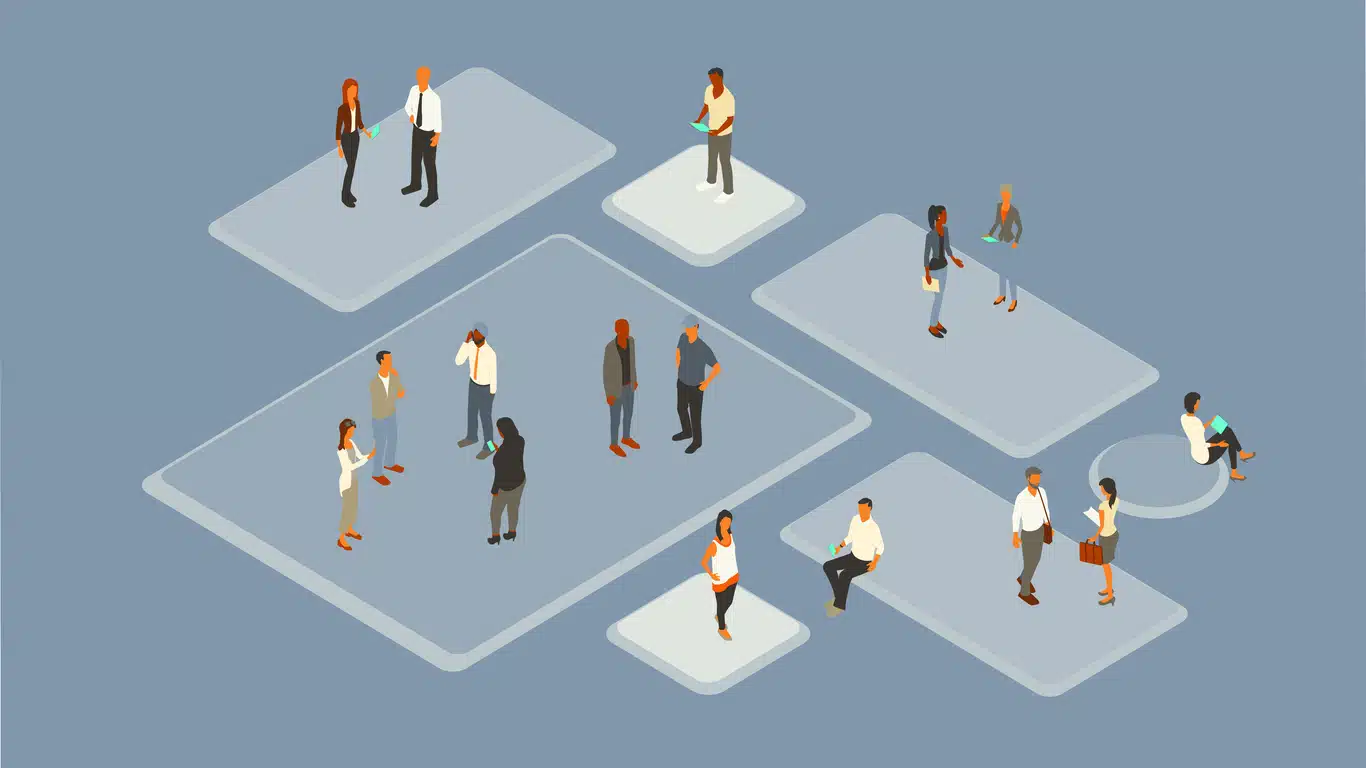Dear Ellie, I’m Burned Out.

Dear Ellie,
I’m thinking about transitioning into a different field, but I’m feeling very unsure. I’d love to hear how this experience has been for you and what led you to make the change. For context, I’m in my 15th year as an HR manager, and to be honest, I’m feeling pretty burned out. The newer generations entering the workforce keep things interesting, but some days I find myself wondering if it’s time to try something new.
Signed,
Burned Out
Dear Burned Out,
I can feel the heaviness in your message. I can imagine the hundreds of questions and “what if” scenarios running through your mind right now. First, acknowledging that you took the step to reach out is important. You could have let this ruminate forever and found yourself 10 years down the road as an HR manager, wondering where the spark went.
When we’re at a stage of burnout, there can be myriad challenges we’re facing personally. Asking the right questions can help you find your own alignment as you decide what that next great step is for you, both personally and professionally.
I spent about eight years in the world of HR, doing everything from recruiting and generalist work to leading people & culture and L&D initiatives. And what’s wild is that I truly loved most of the work I was doing. It brought me joy, and I felt like I was pretty good at it too. But I was still really burned out.
Diagnosing the Burnout
You mention burnout as a core reason you’re considering a change, but it’s crucial to get specific about the source. Think of it like a doctor needing to find the root cause of a symptom before prescribing a cure. Is your burnout coming from:
- The Work Itself? Is it the core of HR work, the compliance, the investigations, the day-to-day tasks that are draining you?
- The Company or Industry? Is it the specific culture you’re in, with its unique pressures and values? Or is it the entire industry (e.g., tech, healthcare) that feels misaligned?
- The Role or a Lack of Growth? You’ve been a manager for 15 years. Is it possible you’ve mastered this level and the burnout is actually a sign of stagnation? Are there other areas of HR you haven’t explored that might light you up again?
Getting granular here is the key. You can’t fix a problem you haven’t accurately defined.
Recognizing the Catalyst for Change
My burnout wasn’t from my role or my responsibilities. It was from working in a system that no longer felt aligned with my values. I felt a deep disconnect between the “human” part of human resources and what corporate structures often demanded. It felt like the people who should have been showing up for me weren’t, and in turn, I wasn’t empowered to show up for others in the way I knew I could. In the simplest terms, it was a values misalignment, and I was tired of fighting it.
Getting Real
Once I named that misalignment, I started drilling down to identify which parts of my work I truly loved, and which just didn’t serve me anymore. A few key themes emerged.
What lit me up:
- Helping people be their most authentic and empowered selves
- Organizing and optimizing systems (It’s true; I love a beautiful spreadsheet)
- Writing and communicating complex human ideas
What dimmed my light:
- Prioritizing a company’s bottom line over its people’s well-being
- The endless red tape that stifled meaningful action
- The constant, exhausting fight to advocate for myself as a neurodivergent and disabled employee in systems not built for my mind/body. That battle for basic understanding and access was a huge, unspoken part of my burnout.
Through introspection, hard work, coaching, and some wonderfully serendipitous moments I can’t take any credit for, I ended up here:
- The owner of my own business, Resolute Roots LLC, where I provide coaching, HR consulting, and inclusion and disability justice training.
- A writer with HRinsidr, getting to connect with folks just like you.
- A master’s student in a social work program, so I can take my love of helping people and fixing systems even further.
I know I’m on the right track because I’m doing work that feeds me, and I feel more aligned than ever with my goals, my ambitions, and the community of people who support me. I’m investing in my happiness for both today and tomorrow, and in my continued growth. So, all that said, I think I’ve been a pretty good boss to myself so far!
Accepting the Hard Part
The heaviest and most difficult part of this transition wasn’t making the decision or doing the research to find out what the heck I’d even do next. It was the letting go part. Letting go of a life I thought I’d have, of a career path I had already dedicated so much time to, of job security, and more. As excited as I was to venture into the unknown, I was also scared, hesitant, and full of imposter syndrome.
What helped me most was returning to my strengths and the things that light me up. I reminded myself that these new ventures would let me do more of that, and that the things that weren’t serving me were valid reasons to leave that path behind.
And most important? Community.
This is where I’ll tell you the magic ingredient is recruiting your own team of cheerleaders, and mentors, your personal board of trustees. You’ll need those people to keep you on the path of “letting go” if you decide to make a change. And having them celebrate with you on the other side will make it all so, so worth it.
Applying This to You
It’s time to get real with yourself, Burned Out. I invite you to grab a journal and sit with these questions:
- What lights you up at work? What are the tasks or interactions that make you forget to watch the clock?
- What dims your light? What leaves you feeling drained, cynical, or unseen?
- What are your core strengths? What do people consistently come to you for? What puts you in a flow state?
- Who are your cheerleaders? Who is going to support you through this? Who will remind you of your worth when you’re having an imposter syndrome moment?
If you did leave HR, what other fields could let you use those strengths and do more of what lights you up? This is your “what if” moment. You’ve already taken the first step by asking the question. Now you get to explore the answers.
Exploring Additional Support
You didn’t think I was going to let you leave my office without reminding you about your benefits, did you?! Nah, I’m in this profession too, and I’m here to remind you that you just told me you were burned out at work. So, have you considered taking FMLA? Do you have any PTO you could be using? What about mental health benefits through your medical plan or the company’s EAP?
Don’t forget those benefits are there for YOU, too. And if you feel like you wouldn’t be allowed to take that time if you really need it, well, I think we both have some more insight into what’s causing your burnout, don’t we?
Sincerely,
Ellie
—



